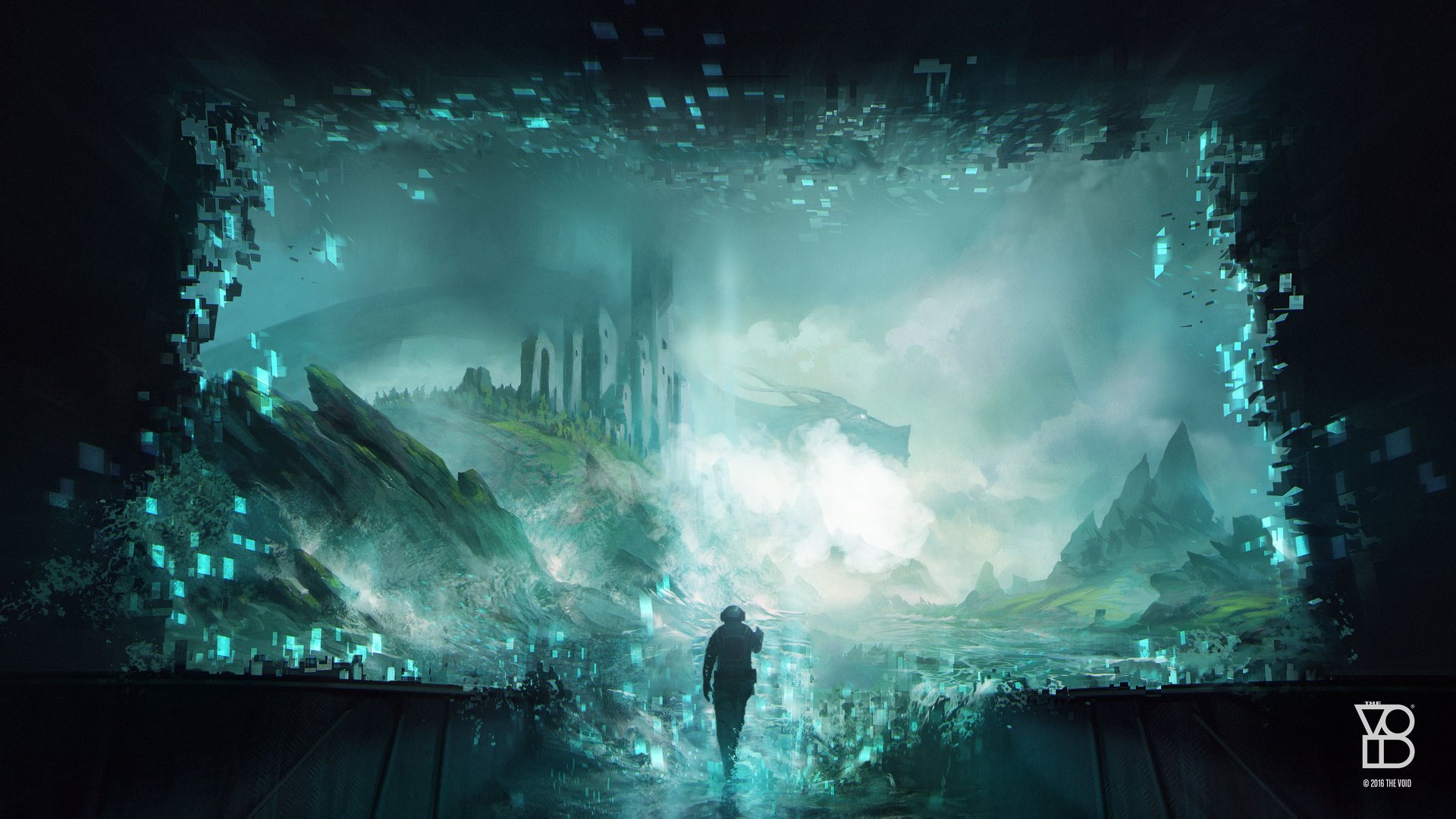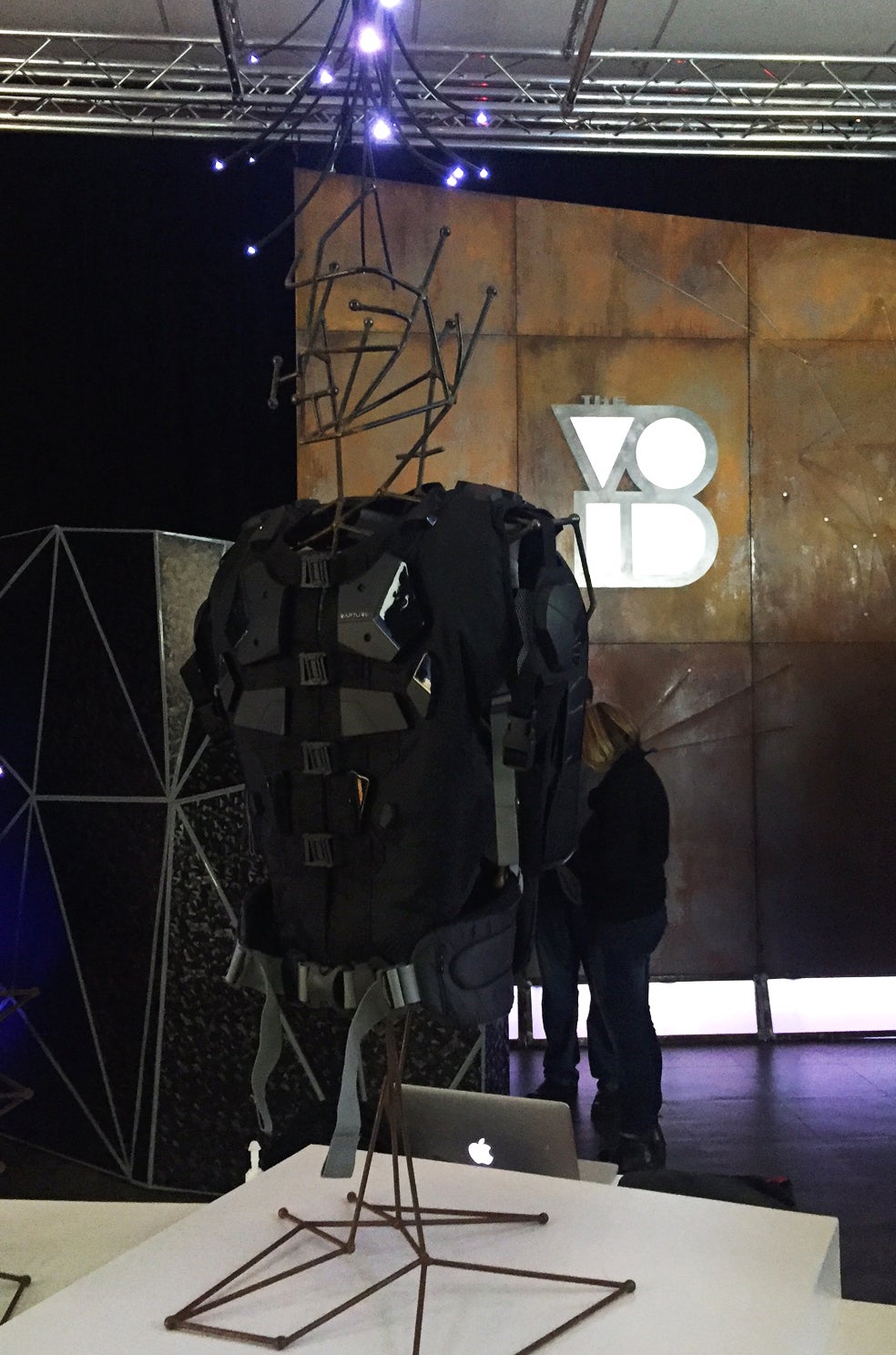The future of virtual reality includes exciting possibilities for education
Vancouver


Vancouver
On the first day of the weeklong TED conference, a long queue formed outside The VOID. The Utah-based start-up is giving attendees a preview of its brick-and-mortar “virtual entertainment centers” that will open in several cities worldwide later this year. Donning vests equipped with body sensors and sophisticated head gear, eager (and in come cases, trepidatious) testers entered a video game universe and snaked through tombs, narrowly avoided a sea serpent, and cracked puzzles left and right a la Lara Croft.
The experience is, well, heart-pounding. Haptic sensors and pulses in the VOID’s proprietary gear called “Rapture,” enable gamers to experience the sensation of grabbing a torch from a wall, feel spider webs graze their side, or free fall through a collapsing building. With upper arm patches, players can even experience how it feels to take a bullet or an arrow in the arm.

With its creative team hailing from companies like Disney and Pixar, The VOID touts to deliver “the most believable virtual reality experience possible.” They’re collaborating with Hollywood writers and professional magicians to craft convincing special effects and plot twists and working on enhancements in their equipment and software. Soon gamers can even expect to smell things in their fictitious hyper-real worlds.
But The VOID (which stands for “Vision Of Infinite Dimensions”) co-founder Ken Bretschneider explains that gaming is just one of many applications for their immersive VR technology set-up.
“The main idea of The VOID is empathy,” he says.
Bretschneider says that The VOID can also be used for educational content. Almost as easily as cueing a new movie in a player, their infrastructure can be used to deploy various stories and custom-designed experiences. In their family-friendly VR centers for example, kids can “travel” to foreign lands, galaxies or go inside bodies to for a very memorable biology lesson. It can also help vivify difficult concepts like isolation or violence.
The first virtual entertainment center will open in Utah this spring.